As many parts of the country experience on-going tornadoes, flooding and other extreme weather, guest contributor, Lee Flynn, shares on the blog today: Preparing for Disaster During Pregnancy.
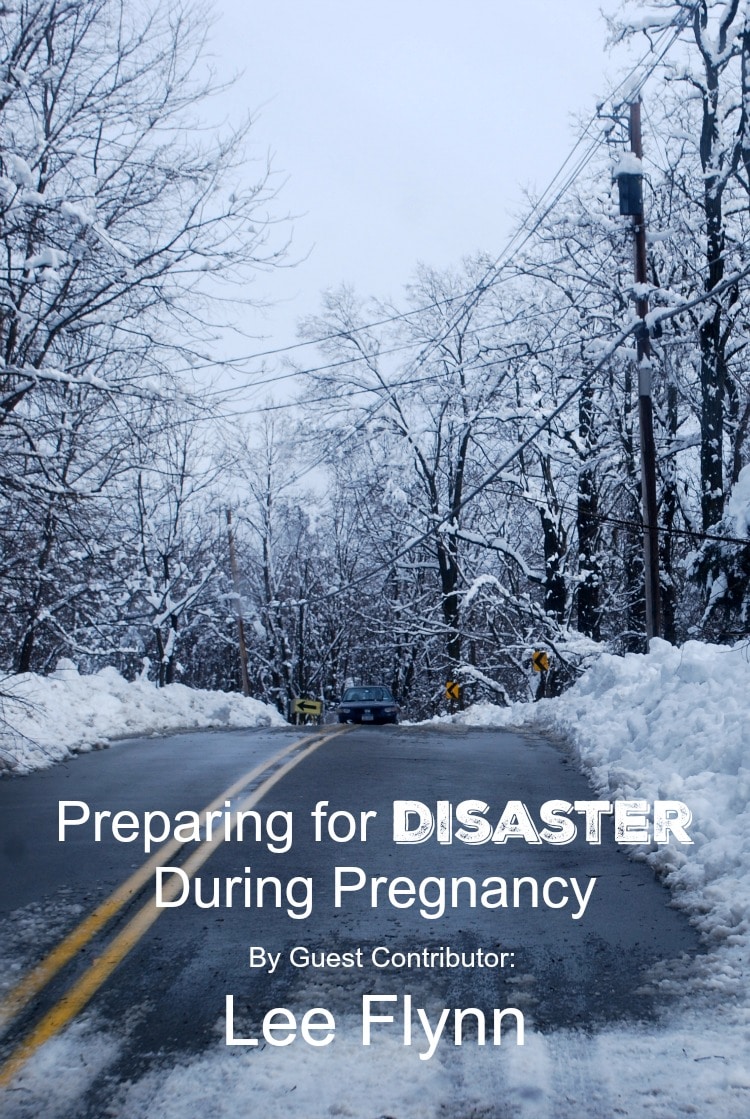
Disaster can come in the form of a hurricane. It can be caused by terrorists, or random events like electrical fires. It can take your home, your livelihood, and your health. If disaster strikes and you’re pregnant, you have that extra tiny life to protect, so preparing for disaster during pregnancy is especially important. Here are some guidelines to help expecting families prepare for the worst.
Medical Prep
Medical preparation is number 1 when preparing for disaster during pregnancy. Here are some suggestions to make you better prepared should an emergency arise:
- Discuss what you can do to protect yourself with your doctor, especially if you’ve had complications, are on medication, or getting close to the due date. Be aware of the signs of preterm labor, as it affects 1 in every 10 pregnancies.
- Be familiar with any evacuation instructions your local authorities issue, and the location of emergency shelters. Try to make arrangements with friends or relatives outside your immediate area.
- Inform your doctor where you plan to go and how he can reach you.
- Make notes of medicines, allergies, and vaccinations. Be sure it lists your blood type, prenatal vitamins, and any special diets. Keep them in a waterproof container.
- Keep a list of important phone numbers, including insurance and health care providers. Even if they’re on your cell phone, write them down in case you can’t recharge. Keep the phone list with your medical papers.
- Keep these papers in a backpack or bag along with a change of clothes, flashlight, first aid kit, non-perishable rations, portable radio, and a couple liters of drinking water. When disaster threatens, add any medications to the bag.
When You Evacuate
- Let your healthcare provider know what your plans are.
- Keep taking prenatal vitamins and medications. Don’t take anything new without checking with your doctor.
- If you have a long drive to reach shelter, stop and stretch your legs every couple of hours.
- Wear comfortable shoes and appropriate clothing. Try warm fleece fabric for winter, light clothing in the heat, and rain gear when downpours are expected.
- If you’ve lost everything, you might look into newborn adoption. When there’s no recovery, giving up your child can be the best thing for both of you, painful as it may be.
What to Avoid
- Do not drink unsafe water. Keep a supply of bottled drinking water on hand for emergencies. If you can stay at home, but utilities are compromised or flooding has occurred, bring water to a rolling boil for 1 minute before use. Do not use chemically treated water to prepare baby formula.
- Don’t risk eating spoiled food. Better to be hungry than sick. If the power goes out, eat any meats or frozen foods first, before they go bad. Keep airtight emergency food storage sets handy to better protect your food supply.
- Be alert to dangerous chemicals or gas leaks. Listen to local emergency announcements. Don’t return home until you’re told it’s safe. If you’ve been exposed to dangerous chemicals, contact your healthcare provider.
What You Should Do After Returning Home
- If your home has been damaged, let family and friends clean up. Don’t over-exert yourself.
- Use caution when navigating slippery surfaces or debris.
- Stay away from exposed electrical wiring.
- Stay clear of bacteria or mold.
Coping With Stress
- Stress can also adversely affect your body and that of your baby. To relieve stress, unload your feelings on a sympathetic ear.
- Take a minute to go to a quiet spot. Close your eyes and breathe slowly while you think of pleasant memories.
- Disaster and unforeseen living arrangements can bring out additional stress in everyone involved. If there’s any physical abuse or threats, get help or seek other living arrangements.
Common sense and preparation of emergency supplies, shelter, and escape routes could mean everything to the survival of you and your child in the event of a disaster. Following these guidelines should help bring you safely through the hardships.

Author bio – Lee Flynn is a freelance writer. Through small local workshops and articles, Lee trains and teaches others on home preparation, healthy living, food storage techniques and self reliance. Follow him on twitter @foodstorage101.
Want to read more about emergency planning and preparedness? Check out these earlier posts from Toot Sweet 4 Two’s archives:
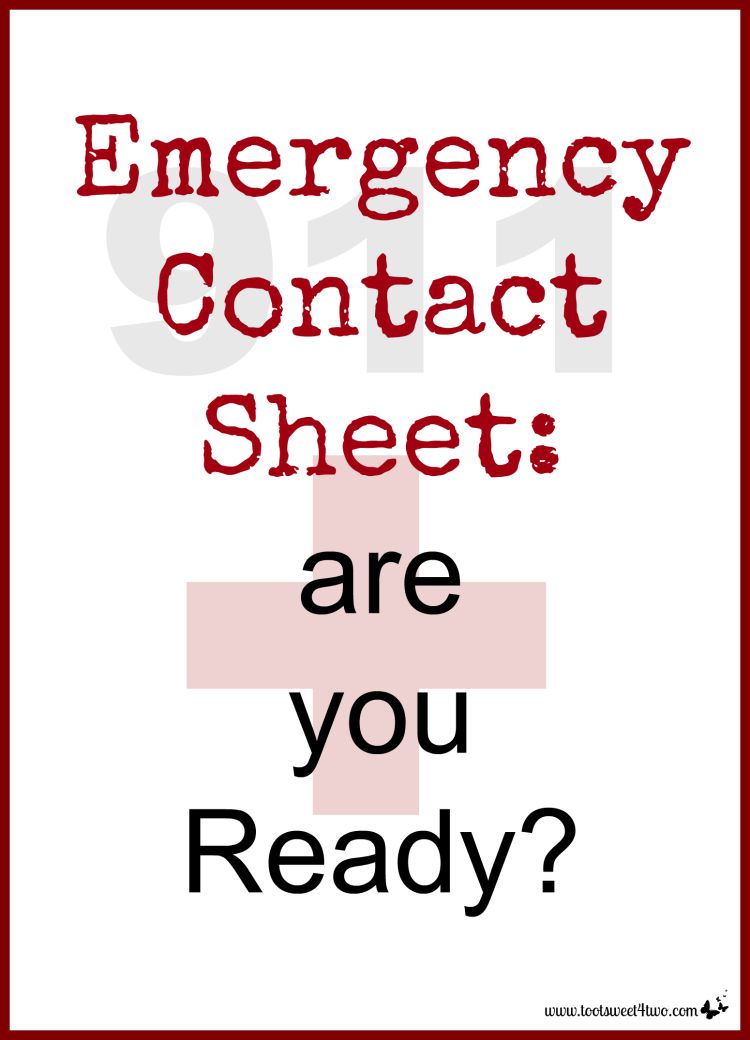
Emergency Contact Sheet: are you Ready?
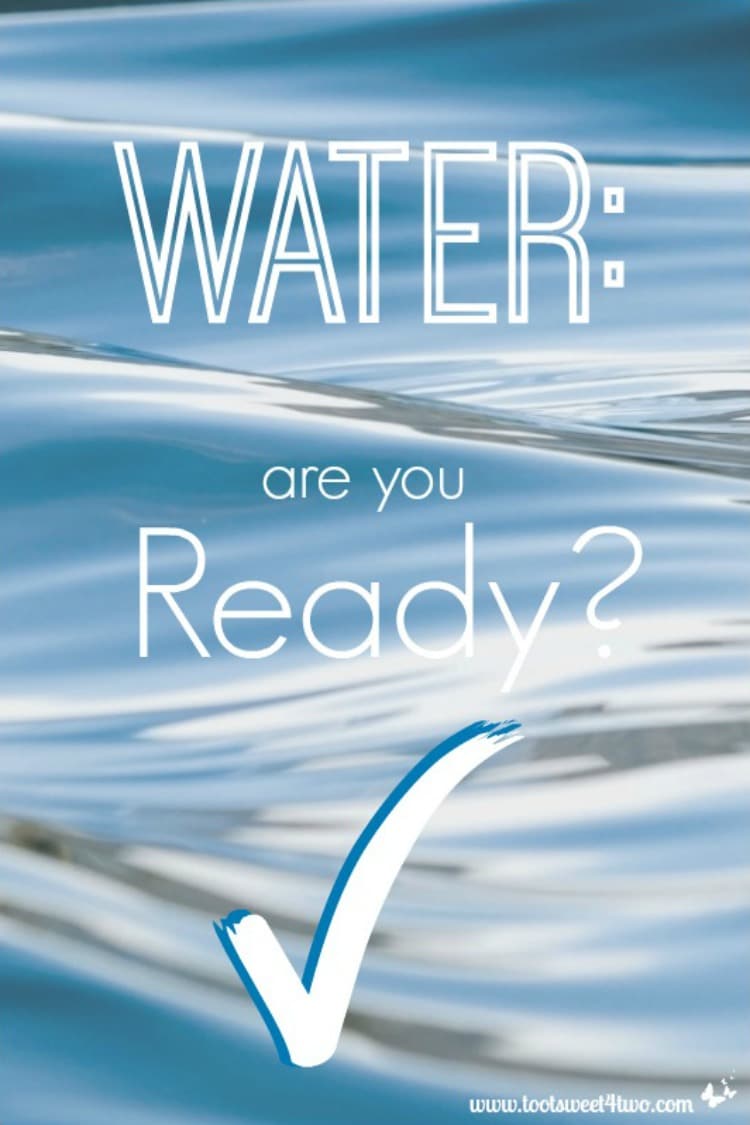
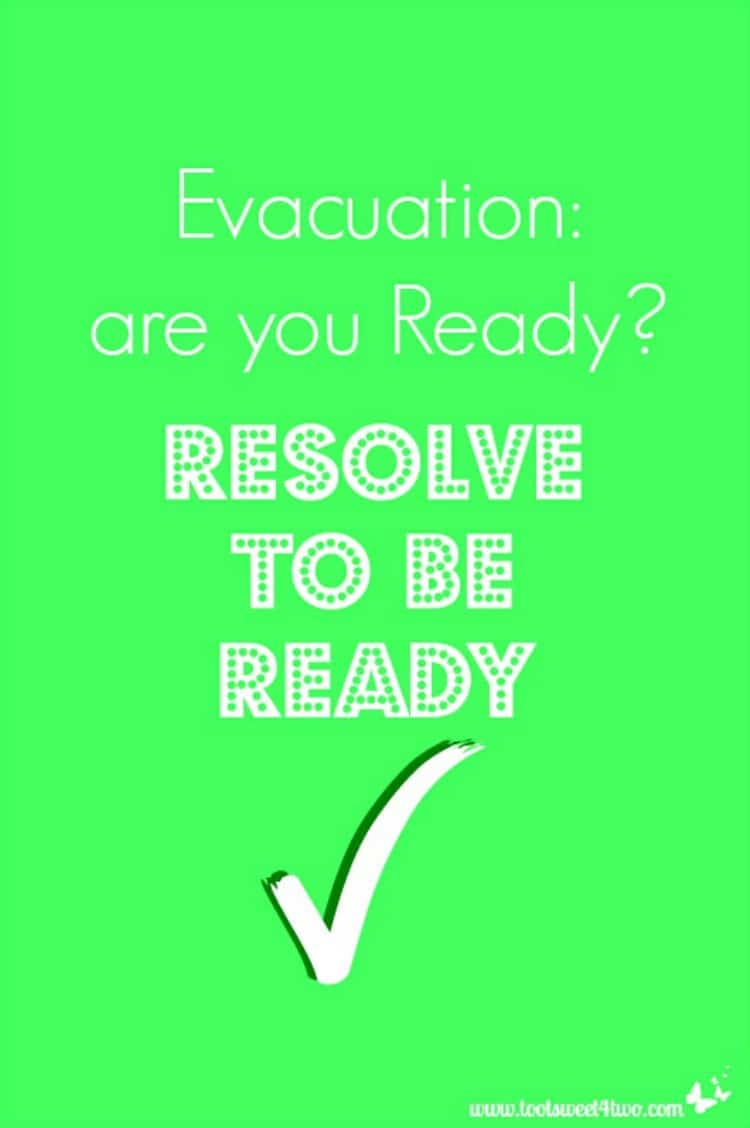
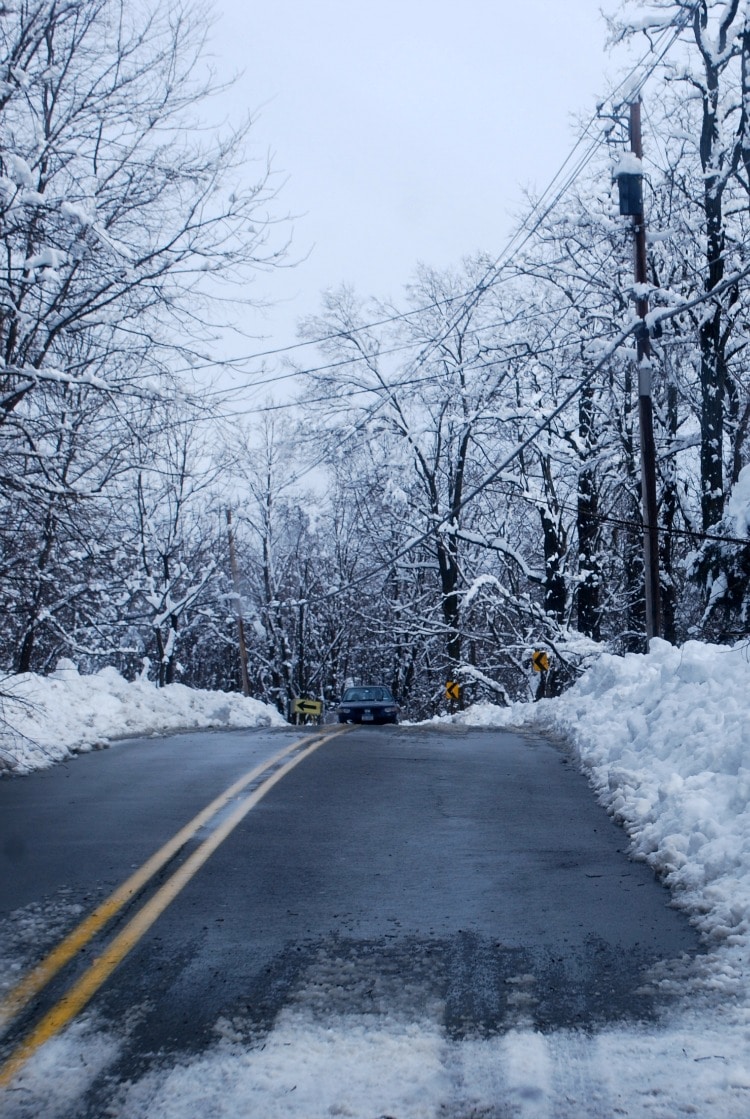
Cool post! Thanks!
Yes, Lee did write a good, informational post. Thanks for your comment and thanks for visiting!